Derry women '˜inseparable' after taking part in Troubles book
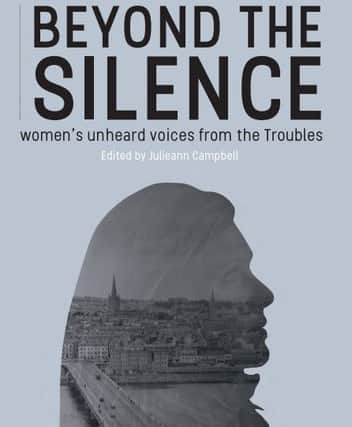

Two Derry women have revealed how they have become “everlasting” friends after taking part in a ground breaking new book capturing the lost stories of women during the ‘Troubles.’
Marie Newton and Sharon Austin met just two weeks ago, however, their stories of grief have brought them together in a way they never thought possible.
Advertisement
Hide AdAdvertisement
Hide AdMarie Newton (Toland) was 35 when her husband and father to their seven young children, John Toland, was gunned down in November 1976 in his own pub in the village of Eglinton, Co. Derry. He was 36.
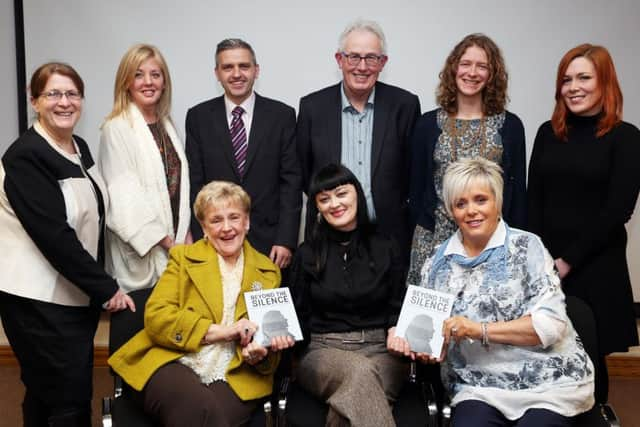

The UDA/UFF later claimed responsibility for John’s murder claiming he was an informant for the IRA. Marie says the murder had ripple effects on the family leading to John’s brother taking his own life. She admits she thought about suicide too, but her children gave her strength. Marie, now a grandmother and great-grandmother lives in Derry City. Last year she returned to Eglinton for the first time in 38 years having found the strength and courage to deal with the past events.
Sharon Austin was 11 years old when her 18 year-old brother, Winston Cross and his best friend Joseph ‘Bert’ Slater, were tortured and murdered in Donegal in November, 1974. Their bodies were dumped in Sheriff’s Mountain. The IRA claimed responsibility, first alleging Winston was an informer before claiming it had been a case of mistaken identity.
The trauma put a heavy strain on the family and with no available support, lives chaotically spiralled resulting in multiple attempts at suicide and alcohol dependency. Sharon, a mother to two grown up children, has been happily married to her husband for 30 years.
Advertisement
Hide AdAdvertisement
Hide AdThere were emotional scenes in Creggan on Tuesday night as the two women read extracts from their book. For much of the time they held hands to support each other.
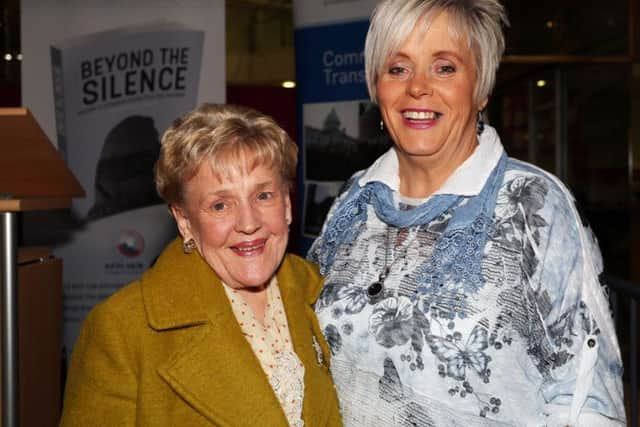

“We didn’t want to know anything about each other’s background before we met but there was an instant connection between us,” said Sharon.
“This has been unbelievable,” said Marie.
The women describe themselves as soul mates - and say the book has made a huge difference to their lives and thanked all the people involved in the project for allowing them to be a part of it and for supporting them through it.
“It has been good to talk and be able to tell your story,” Sharon told the ‘Journal.’
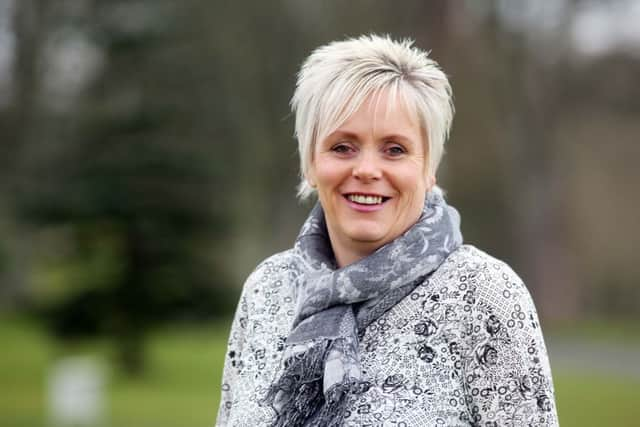

Advertisement
Hide AdAdvertisement
Hide Ad“I’ve told myself that Winston’s name will now go down in history. Innocent people are the ones who often become a statistic but now Winston’s story has been told.”
Marie revealed how only recently she found the strength to return to the place of her husband’s murder.
“People tell us it is all in the past,” she said.
“But there is no past for us. John will be 40 years dead this year and I felt he was forgotten about. All the memories had been locked in my brain.
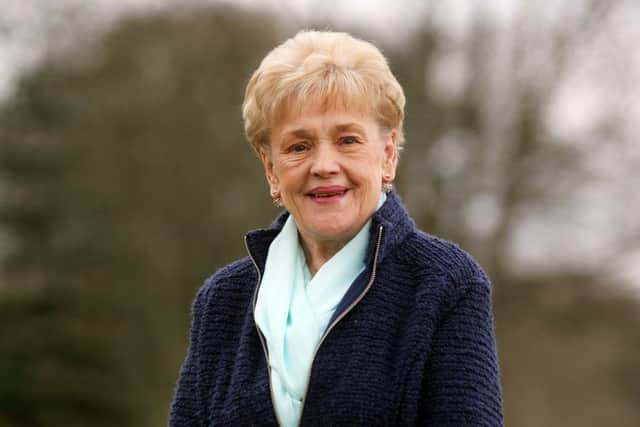

“There was a time when I didn’t want to go on and I hate to admit that. My children were the ones who kept me going. Thank God I wasn’t foolish. I’ve re-married and I’m happy as the day is long.”
Advertisement
Hide AdAdvertisement
Hide AdSharon revealed how her mother would often fret about the last hours of her son’s life, torturing herself about whether he had been given a cigarette or whether he had asked for his mammy.
“A lot happened after his, my mother became dependant on prescription drugs and my father became an alcoholic, but that was because men were not allowed to grieve.
“My mother tried to commit suicide, She lived for Winston,
“We lived in the Glen and when she looked out the window she could see the TV mast on Sheriff’s Mountain. We had to move house because it was too much for her to look out and see that.”
Sharon revealed how her mum thought that her son had been forgotten - and how on the 40th anniversary of his death they held a special event which was attended by hundreds of people.
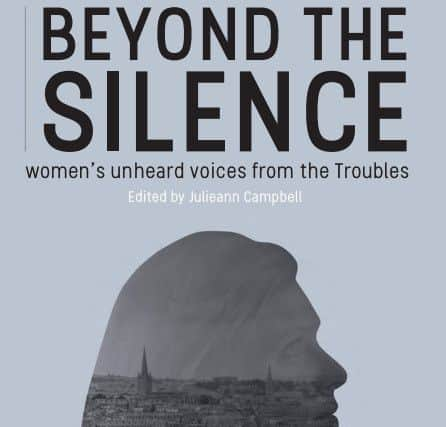

Advertisement
Hide AdAdvertisement
Hide Ad“We hadn’t told my mum,” she said. “And then there were people everywhere. We let off lanterns.
My mother was so blown away that she started to cry and needed help to stand up. ‘Why are they all here?’ she asked. ‘You thought nobody remembered our Winston.’ I told her. ‘Look around you.’ There were people there who we hadn’t seen in years. After a minute’s silence, a piper played and we released the lanterns into the sky. And, do you know, my mother’s lantern floated straight towards Sheriff’s Mountain.”
The women said the book was written “honestly” and has taken them on an emotional journey.
“It’s about time women told this story,” said Sharon. “It’s not enough to keep talking to your siblings. To be asked to talk about it openly has been really good for us.”
Advertisement
Hide AdAdvertisement
Hide Ad“We were the forgotten people, but now we have spoken,” said Marie.
“What I love about it is that the stories are from both Protestant and Catholic women.
Project Co-ordinator Carol Cunningham said: “There have been many attempts to record stories of the Troubles.
“But because this project focuses solely on the unheard voices of women – those who felt ready to share their personal stories with the wider world – the resulting anthology ‘Beyond the Silence’ is one of honest, raw emotion.
Advertisement
Hide AdAdvertisement
Hide Ad“I feel honoured that the women entrusted us with their stories and we hope we have done them justice.”
Unheard are heard
Beyond the Silence is edited by award-winning writer, and former ‘Derry Journal’ reporter Julieann Campbell. ‘Beyond the Silence’ is the first publication to focus exclusively on the experiences of women who have suffered through the conflict but have been forgotten in the Peace Process. The collection evolved from a unique oral history programme, Unheard Voices, with support from Creggan Enterprises and the International Fund for Ireland.
To read Marie Newton’s story:
To read Sharon’s story: